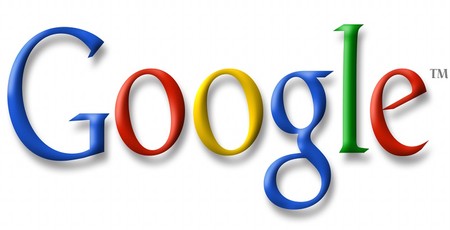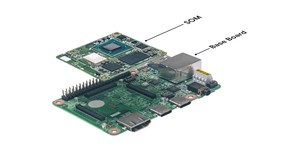
Google has released details on its experimental new operating system Fuchsia, explaining that - unlike its existing platforms, Chrome OS and Android - it will not be based on the Linux kernel.
While it got its start as a web search outfit and has since transitioned into making billions from advertising, Google is also known for its twin operating systems Android and Chrome OS. The former an acquisition and the latter an in-house creation, the two are ostensibly different - Android is mobile-centric with tablet support, while Chrome OS is desktop-centric with tablet support - but both are based on the open-source Linux kernel. When Google released the first information about a third operating system, Fuchsia, it was natural to assume that it, too, would be Linux-based - but the company has now clarified that it will be no such thing.
In an extensive family of documentation uploaded to the company's source code management system, dubbed The Book, Google's opening statement is clear: 'Fuchsia is not Linux.' Describing the platform as 'a modular, capability-based operating system', the documentation explains that rather than the Linux kernel Fuchsia will rely on an in-house microkernel dubbed Zircon. On top of this will be the Zircon Core, which handles device drivers, the libc C library, POSIX-compliant input/output, and handling of ELF binaries - the latter giving it compatibility with software designed for Linux.
The use of a microkernel, which is estimated to grow to only around 100 syscalls during development, means that the majority of operations occur in user space. To support this, Google has also defined the Fuchsia Interface Definition Language (FIDL) for interprocess communication (IPC). The company has also detailed a Vulkan-compatible graphics framework dubbed Magma and a physically based renderer dubbed Escher - suggesting that 3D capabilities will be a key feature of the operating system.
What Google has yet to detail, however, is exactly what its plans for Fuchsia are. While initial rumours had pointed to a focus on embedded and Internet of Things (IoT) usage, the new documentation and source code releases suggest a more user-focused application - and the potential, perhaps, that it could replace Android and Chrome OS outright at some point in the dim and distant future.
More information is available in The Book.

MSI MPG Velox 100R Chassis Review
October 14 2021 | 15:04








Want to comment? Please log in.